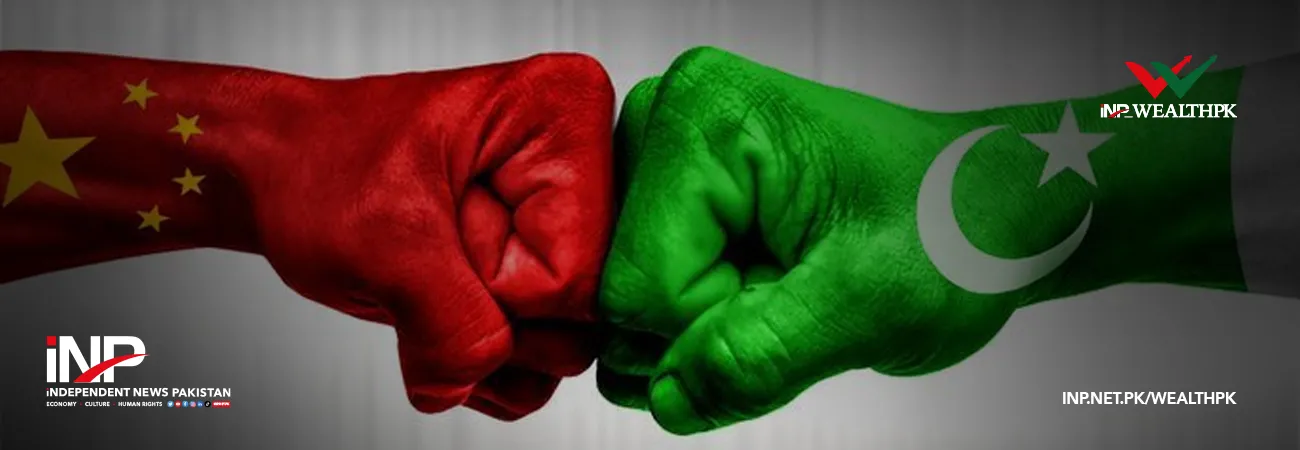آئی این پی ویلتھ پی کے
KABUL, Sept 04 (INP): The founder of the Haqqani Network, one of Afghanistan's most effective and feared armed groups, has died after a long illness, their affiliates the Afghan Taliban announced on Tuesday. The Taliban statement said Jalaluddin Haqqani had been ill and bed-ridden for several years. "If his excellency Haqqani Sahib has departed us physically, his ideology and methodology continue to endure," it said. There were no details in the statement about the date or place of Haqqani's death. "Just as he endured great hardships for the religion of Allah during his youth and health, he also endured long illness during his later years," a statement from the Afghan Taliban said. Haqqani, who founded the network in the 1970s, relinquished operational leadership of the group some years ago to his son Sirajuddin Haqqani, who is now deputy leader of the Afghan Taliban. Haqqani rose to prominence as a guerrilla leader in the US-backed campaign against Soviet forces occupying Afghanistan but later allied himself with the Taliban, fighting American troops after the Taliban were removed in 2001. His group became known for complex, well-organised attacks on both Afghan and US military as well as civilian targets and high-profile kidnappings. "He had been engaged in so many sophisticated attacks and employed innovative techniques in the asymmetric war, creating a headache for the Afghan government," Mushtaq Rahim, a political analyst based in Kabul, said. "Within the Taliban ranks he has been seen as a hero. During 1980s he became a big headache for the Russian forces and the Kabul administration," Rahim told a private TV channel With Sirajuddin Haqqani in operational charge, it was not immediately clear what direct impact Jalaluddin Haqqani's death would have on the armed movement. Jalaluddin Haqqani was a significant militant figure in Afghanistan and had close ties to both the Taliban and al-Qaeda. The Haqqani network has been behind many of the co-ordinated attacks on Afghan and Nato forces in recent years. Rumours about Haqqani's death have circulated for years. In 2015, sources close to the group told a British News Channel that the leader had died at least a year earlier. This was never confirmed. Jalaluddin Haqqani was an Afghan guerrilla leader who fought Soviet troops when they occupied Afghanistan in the 1980s. US officials have admitted that at the time he was a prized asset of the Central Intelligence Agency (CIA). However, he later allied himself to the Taliban after they took power in Afghanistan in 1996. In its statement, the Taliban called Jalaluddin Haqqani an "exemplary warrior... and among the great distinguished jihadi personalities of this era". The Haqqani network was one of several militant groups that operated from the tribal areas along the Afghan-Pakistan border following the US-led military campaign in Afghanistan, which ousted the Taliban in 2001. == Jalaluddin Haqqani may not have been playing a significant operational or strategic role at the time of his death, but his loss is still significant for the militant group he founded. Although he was no longer a key player - having ceded control to his son Sirajuddin Haqqani some years ago - it is widely believed that he still played an advisory role, and his death will be a huge emotional loss for the group. It is significant that the Taliban have chosen to emphasise that he died of "natural causes" and after a long illness. This seems to be a direct reference to multiple rumours of his death earlier. INP/LK/AK







